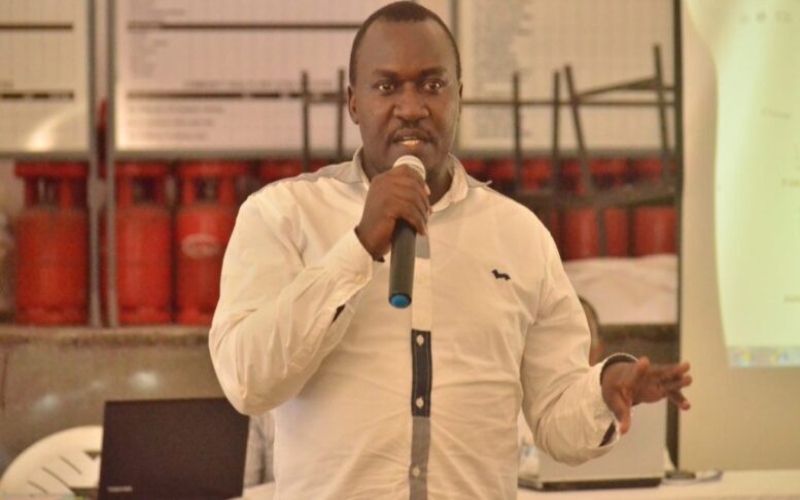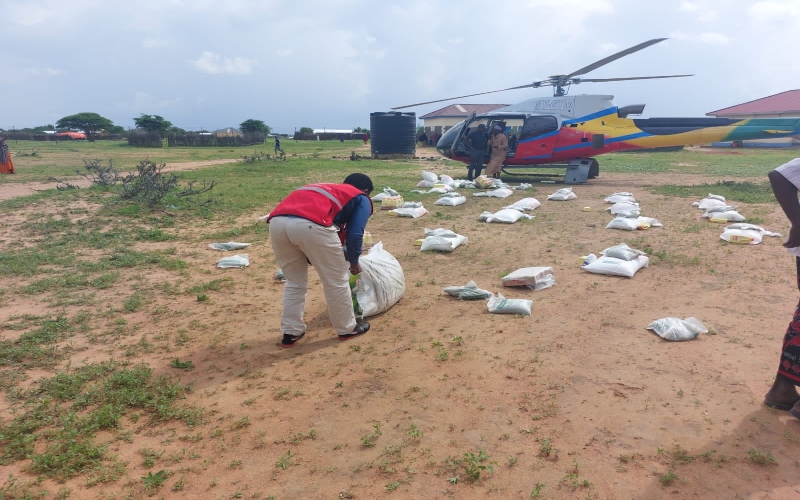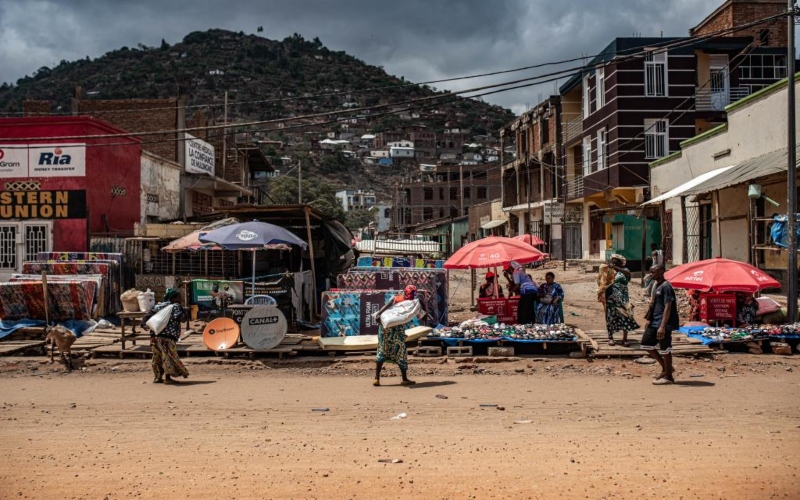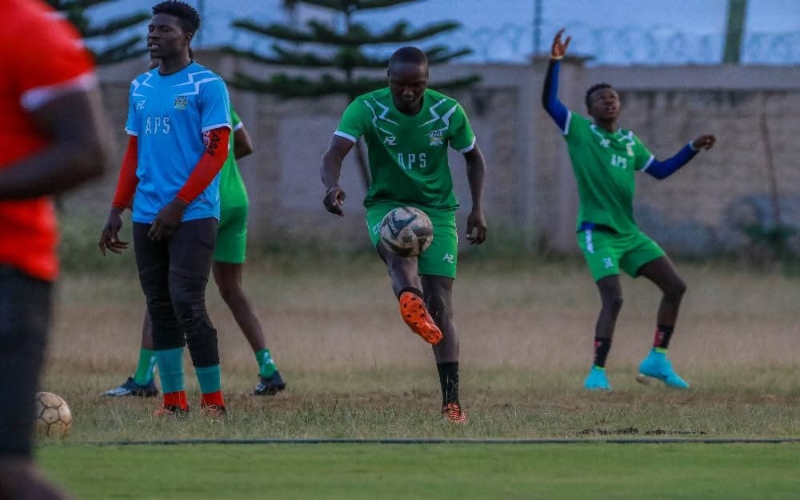Netanyahu says he is ready to implement Israel-Lebanon ceasefire
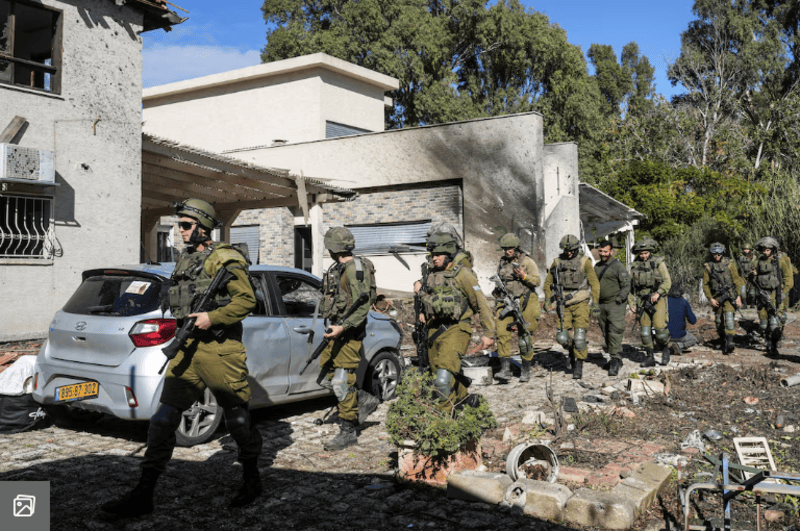
The Lebanon ceasefire agreement requires Israeli troops to withdraw from south Lebanon and Lebanon's army to deploy in the region, officials say.
Israeli Prime Minister Benjamin Netanyahu said on Tuesday he was ready to implement a ceasefire deal with Lebanon and would respond forcefully to any violation by Hezbollah, declaring Israel would retain "complete military freedom of action".
In a television address, Netanyahu said he would put the ceasefire accord to his full cabinet later in the evening. Israeli TV reported that the more restricted security cabinet had earlier approved the deal.
More To Read
- ICC upholds Gaza war crimes probe, rejects Israel’s bid to halt investigation
- What charges Benjamin Netanyahu faces and what a pardon could mean
- Türkiye issues arrest warrant for Israeli PM Benjamin Netanyahu over Gaza war
- Israel confirms all remaining Gaza hostages to be released on Monday
- UN chief calls for Israel and Hamas to ‘abide fully’ by terms of US peace plan
- Cairo peace talks offer new hope for Gaza as Hamas signals readiness for truce
The accord, clearing the way for an end to a conflict that has killed thousands of people since the war began last year, was expected to take effect on Wednesday.
"We will enforce the agreement and respond forcefully to any violation. Together, we will continue until victory," Netanyahu said.
"In full coordination with the United States, we retain complete military freedom of action. Should Hezbollah violate the agreement or attempt to rearm, we will strike decisively."
He said Hezbollah, which is backed by Iran and allied to Hamas, was considerably weaker than it had been at the start of the conflict.
"We have set it back decades, eliminated ... its top leaders, destroyed most of its rockets and missiles, neutralised thousands of fighters, and obliterated years of terror infrastructure near our border," he said.
"We targeted strategic objectives across Lebanon, shaking Beirut to its core."
Israeli approval of the deal would pave the way for a ceasefire declaration by US President Joe Biden and French President Emmanuel Macron, according to four senior Lebanese sources who spoke to Reuters on Monday.
Despite the diplomatic breakthrough, hostilities raged as Israel dramatically ramped up its campaign of air strikes in Beirut and other parts of Lebanon, with health authorities reporting at least 18 killed.
A Hezbollah parliament member in Lebanon, Hassan Fadlallah, said the country faced "dangerous, sensitive hours" during the wait for a possible ceasefire announcement.
However, there was no indication that a truce in Lebanon would hasten a ceasefire and hostage-release deal in devastated Gaza, where Israel is battling Hamas.
The Lebanon ceasefire agreement requires Israeli troops to withdraw from south Lebanon and Lebanon's army to deploy in the region, officials say. Hezbollah would end its armed presence along the border south of the Litani River.
Lebanese Foreign Minister Abdallah Bou Habib said the Lebanese army would be ready to have at least 5,000 troops deployed in southern Lebanon as Israeli troops withdraw, and that the United States could play a role in rebuilding infrastructure destroyed by Israeli strikes.
Israel demands effective U.N. enforcement of an eventual ceasefire with Lebanon and will show "zero tolerance" toward any infraction, Defence Minister Israel Katz said on Tuesday.
In the hours before the announcement, Israeli strikes smashed more of Beirut's densely-populated southern suburbs, a Hezbollah stronghold. The Israeli military said one barrage of strikes had hit 20 targets in the city in just 120 seconds, killing at least seven people and injuring 37, according to Lebanon's health ministry.
Israel issued its biggest evacuation warning yet, telling civilians to leave 20 locations. Israeli military spokesperson Avichay Adraee said the air force was conducting a "widespread attack" on Hezbollah targets across the city.
The Iran-backed Hezbollah has kept up rocket fire into Israel.
The U.N. rights chief voiced concern about the escalation of bloodshed in Lebanon and his office said nearly 100 people had been reported killed by Israeli airstrikes in recent days, including women, children and medics.
Netanyahu added that there were three reasons to pursue a ceasefire -- to focus on Iran, replenish depleted arms supplies and give the army a rest, and finally to isolate Hamas.
Israel has dealt Hezbollah massive blows since going on the offensive against the group in September, killing its leader Sayyed Hassan Nasrallah and other top commanders, and pounding areas of Lebanon where the group holds sway.
Over the past year, more than 3,750 people have been killed in Lebanon and over one million have been forced from their homes, according to Lebanon's health ministry, which does not distinguish between civilians and combatants in its figures.
Hezbollah strikes have killed 45 civilians in northern Israel and the Israeli-occupied Golan Heights. At least 73 Israeli soldiers have been killed in northern Israel, the Golan Heights and in combat in southern Lebanon, according to Israeli authorities.
Top Stories Today

